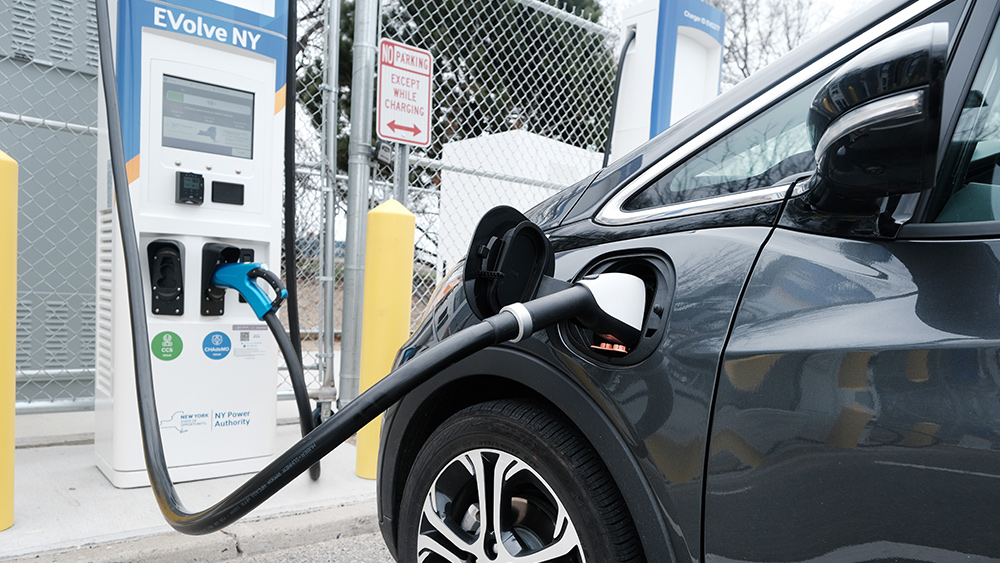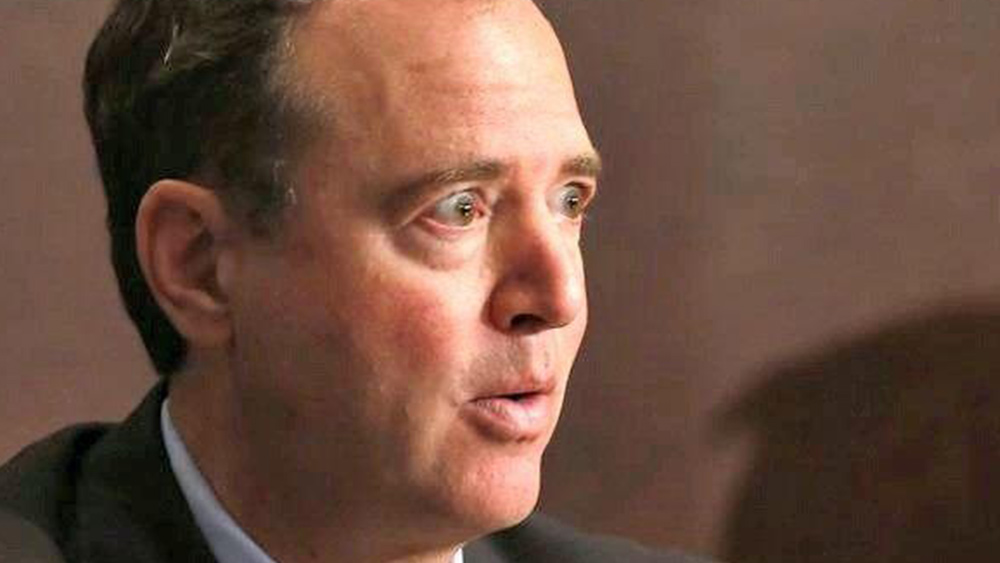Electric cars could be rendered useless to many Brits thanks to new charging restrictions
10/14/2021 / By Cassie B.

Owning an electric car could soon make a lot less sense in the U.K., thanks to a proposed law that would see home electric vehicle (EV) chargers shut down during peak hours.
The new law is aimed at preventing the grid from suffering excessive strain, but it makes one wonder what the point of owning these cars is if, as Transport Secretary Grant Shapps says, the chargers that give them life at people’s homes and workplaces might not function for “up to nine hours a day.”
When the law goes into effect on May 30, 2022, all of the chargers installed in homes must be smart chargers that are connected to the Internet so that their functions can be limited between the hours of 8 and 11 in the morning and 4 and 10 in the evening. On top of the nine hours per day of scheduled downtime, authorities will have the power to impose what are being described as “randomized delays” of 30 minutes on the individual chargers in particular areas to avoid grid spikes. Public use chargers, however, would be exempt from the new law.
According to the RAC, charging a car like the 3.6kW Renault Zoe can take up to seven hours, which means owners would have to plan their time carefully to ensure their car is charged given the nine – and possibly more – hours during which charging would not be allowed.
The government cited the fact that 14 million electric vehicles are projected to be on U.K. roads by 2030 and many of these will be plugged into home chargers during peak hours, which they say will put the grid under “excessive strain” as people return home from work and plug their cars in.
They say that this legislation will encourage drivers to charge their cars during off-peak night hours, but that fails to explain how people who need to go somewhere during the day will be able to power their cars.
In other words, if you buy an electric car in the U.K., you will find yourself with a vehicle that you can only charge when the government says you can. It’s scary to think where this could be headed. For example, could they use these smart chargers to stop people who are unvaccinated from charging their cars and leaving their homes in some way? A few years ago, this idea might have sounded ridiculous, but it doesn’t sound too far-fetched given the way things have been going lately.
UK’s grid not ready for influx of electric vehicles
Unfortunately, most people won’t have much of a choice as a ban in the U.K. on the sale of new gas and diesel cars has been moved forward to the year 2030. While used vehicles of this nature may still be sold, the looming deadline has had many Brits mulling making the switch to electric vehicles sooner rather than later.
However, questions have emerged about whether the charging infrastructure in the country can support the move. Moreover, according to the National Grid, 40 percent of those living in England and Wales do not have access to off-street parking, which means charging their cars could be challenging and may require them to run cables across public footpaths.
Unfortunately, all of these efforts may not be having the desired effect as an ecological assessment from Germany’s IFO Institute shows that electric vehicles actually have a worse carbon footprint than diesel vehicles after accounting for the way they are manufactured and the amount of energy that is taken from the grid to keep them charged. It requires a significant amount of energy to extract the cobalt, manganese and lithium used to produce these cars’ batteries, and they calculated that these cars ultimately create 28 percent more pollution than diesel engines.
Sources for this article include:
Tagged Under: big government, car charging, electric cars, electric vehicles, electricity, energy supply, England, EVs, future tech, government overreach, green power, power, power grid, Tyranny
RECENT NEWS & ARTICLES
COPYRIGHT © 2017 BIG GOVERNMENT NEWS





















